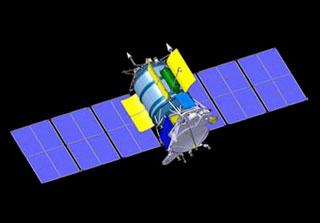
The Geo-IK-2 satellite
MOSCOW (AFP): Russia's top military and space official launched a search Tuesday for a missing military satellite that apparently was put into the wrong orbit shortly after its launch.
The Russian defence ministry confirmed that it had lost sight of the craft -- a dual-use vessel that can draw a three-dimensional map of the Earth and locate the precise positions of various targets.
The incident came just a month after President Dmitry Medvedev sacked two top space officials for a similar setback and delivered another humiliating blow to Russia's much-maligned space industry.
The seriousness of the situation was underscored late Tuesday by reports that the defence ministry had set up an urgent joint task force with the Russia's space agency to look for the missing craft.
The Geo-IK-2 satellite was created in Russia to help the military survey land and create a detailed three-dimensional map of the Earth. It was designed to spin in a circular orbit 1,000 kilometres (600 miles) above ground.
But news reports said that the satellite had been put in an elliptical orbit whose lowest point brought it to within 330 kilometres of Earth.
"We have still not been able to establish contact with the craft, and it looks like most likely, it will be declared lost," a Russian space source told the Interfax-AVN news service.
"The spacecraft will not be able to perform its intended functions at these orbit characteristics," another space official told the news agency.
Reports pointed the initial blame for the failure on the satellite's Briz-KM upper stage rocket.
The satellite's launch had already been delayed from December because of technical malfunctions that were detected at its northern Russian launch site in Plesetsk.
Today's malfunction came less than five weeks after Medvedev fired two top space officials and reprimanded the space agency chief for a launch failure caused Russia to delay the deployment of its own navigation system.
Russia's Proton-M rocket had on that occasion proven too heavy to reach its initial orbit and had been forced to dump its three high-tech Glonass-M satellites near the Hawaii Islands.
Investigators said that accident was caused by a basic fuel miscalculation that made the craft too heavy to reach its required height.
The three Glonass satellites would have completed a system whose research had been started by the Soviet Union in 1976.
 Previous Article
Previous Article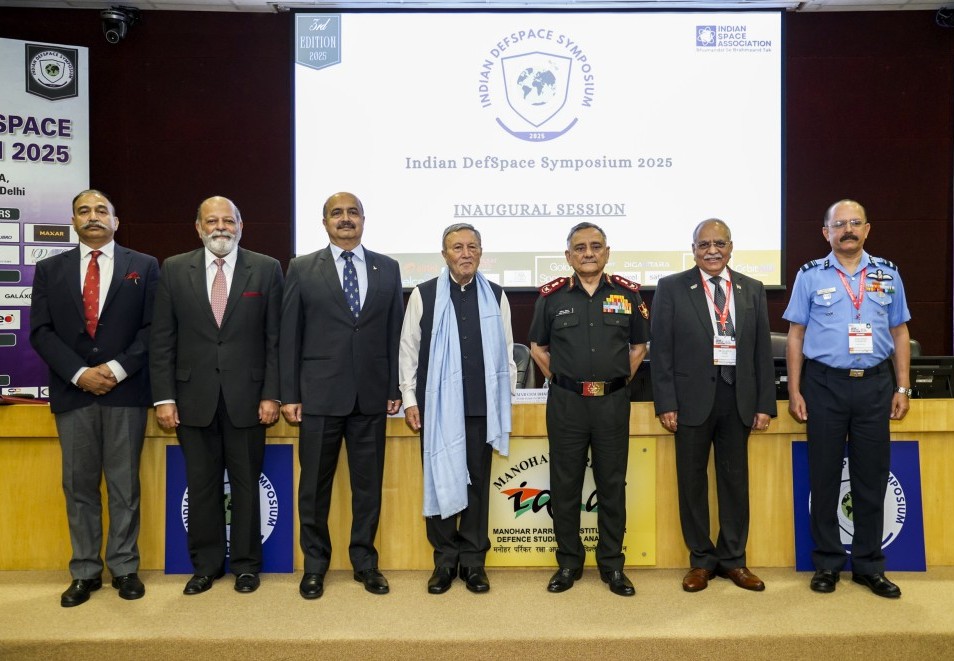
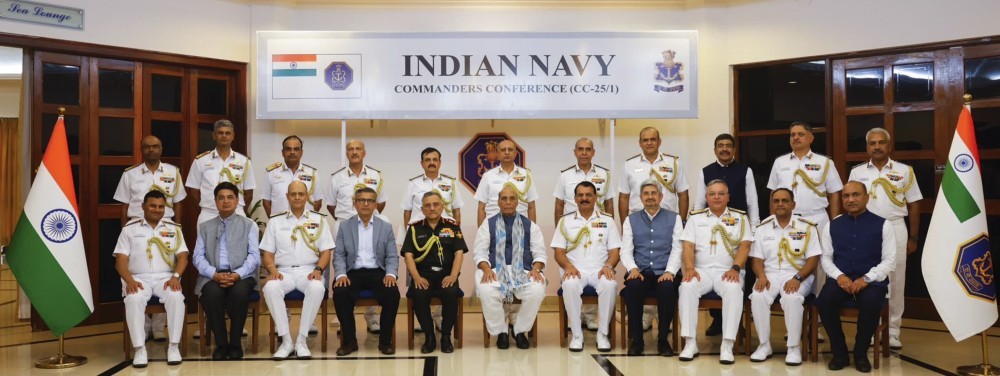
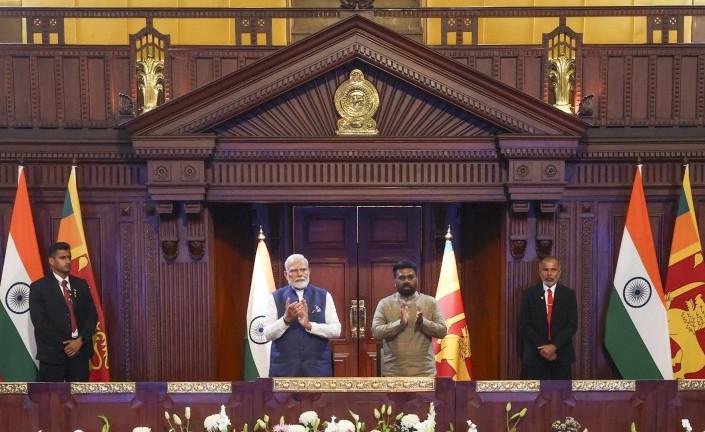
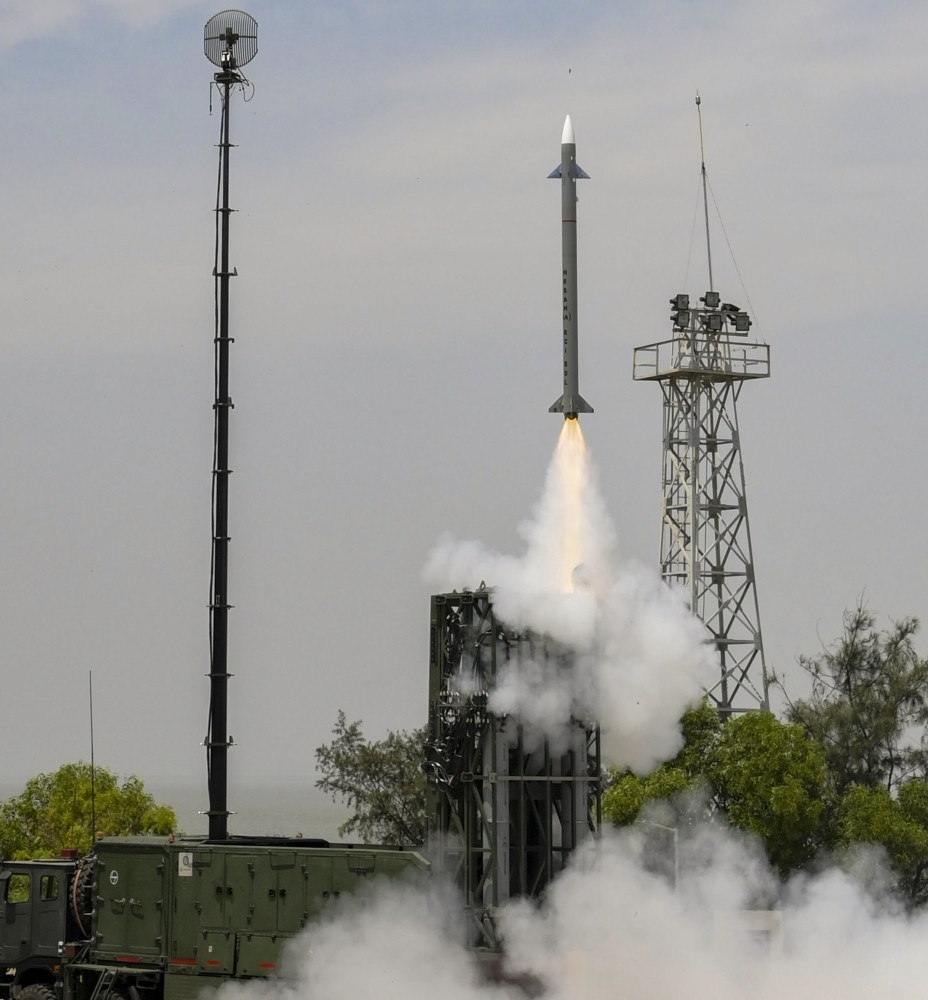










The Indian Air Force, in its flight trials evaluation report submitted before the Defence Ministry l..
view articleAn insight into the Medium Multi-Role Combat Aircraft competition...
view articleSky enthusiasts can now spot the International Space Station (ISS) commanded by Indian-American astr..
view article